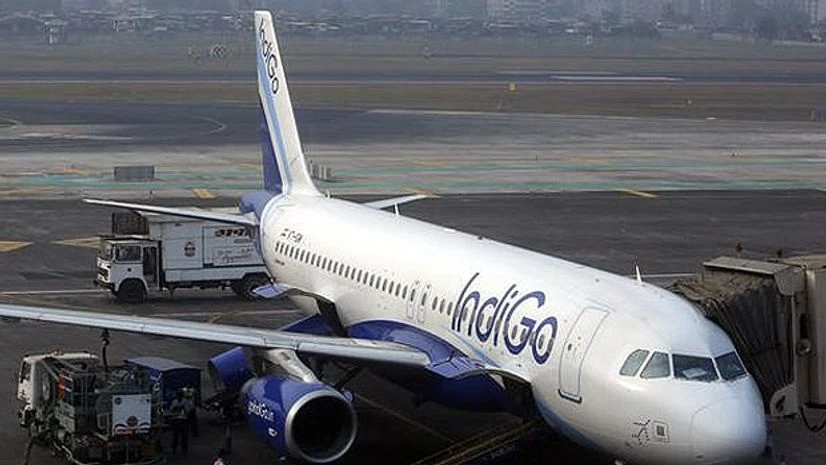InterGlobe Aviation reported a 23.7 per cent surge in profit in the December quarter as the operator of IndiGo, India’s biggest airline, benefited from lower fuel prices and higher traffic.
Net income for the quarter rose to Rs 657 crore from Rs 531 crore a year ago, the company stated on Thursday. It’s the first time the carrier reported quarterly earnings since its initial public offering in November.
Quarterly fuel costs for IndiGo declined 20 per cent to Rs 117 crore, while the number of passengers jumped 28 per cent to 8.33 million. The profit and revenue were in line with Bloomberg estimates. According to Kapil Kaul of Centre for Asia Pacific Aviation (CAPA), the results were as per the expectations and IndiGo’s FY16 profit could soar to $300 million. The airline reported highest-ever pre-tax quarterly profit of Rs 932 crore on revenue of Rs 4,297 crore. While pre-tax profit was up 30 per cent, revenue rose 11 per cent.
Also Read
Its net profit in first nine months of this fiscal doubled to Rs 1,410 crore from the same period a year ago. Indigo’s net profit for the June quarter stood at Rs 640 crore on revenue of Rs 4,317 crore. In the same quarter, rivals Jet Airways and SpiceJet reported net profits of Rs 226 crore and Rs 72 crore, respectively.
“Our business continues to perform well on the back of increase in fleet size, robust passenger demand and low fuel prices. Lower fuel prices enabled us to lower our fares to customers further stimulating market demand and increasing the propensity of people to travel,” said IndiGo president Aditya Ghosh in a statement.
Latest data from Directorate General of Civil Aviation (DGCA) shows that Indigo has a market share of around 35.9 per cent. The company’s stock has gained over 50 per cent since its listing.
Despite the fuel cost advantage, the airline’s expenses grew nine per cent because of weakening rupee, higher depreciation and fresh hiring of pilots and crew. IndiGo said it had hired extra pilots and crew in anticipation of A320neo deliveries. “This is an investment for future,” Ghosh told analysts in a post results conference call.
Overall, however, the unit costs were lower by 9.8 per cent because of fuel price benefit. Despite this, unit revenue was lower because of 14 per cent decline in fares. The airline said it does not expect fares to go up in view of drop in aviation fuel prices.
It flies 101 Airbus A320 planes now and added 3 planes in the third quarter. Ghosh gave no indication when it will receive fuel-efficient Airbus A320neo. The airline expects to take five additional A320s on lease till September but is likely to miss its March 2016 fleet target of 111 planes. In August, the airline firmed up an order to buy as many as 250 A320neo single-aisle jets from Airbus. The purchase was Airbus’s biggest order by number of planes and had a list value of $26.6 billion. India was the world’s fastest growing aviation market in 2015, expanding more than 20 percent, according to the International Air Transport Association.

)
